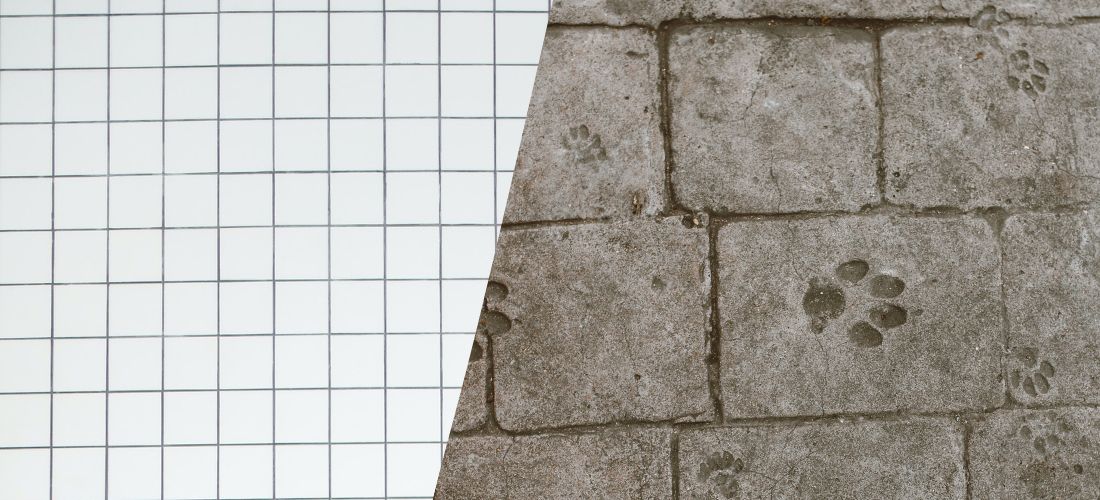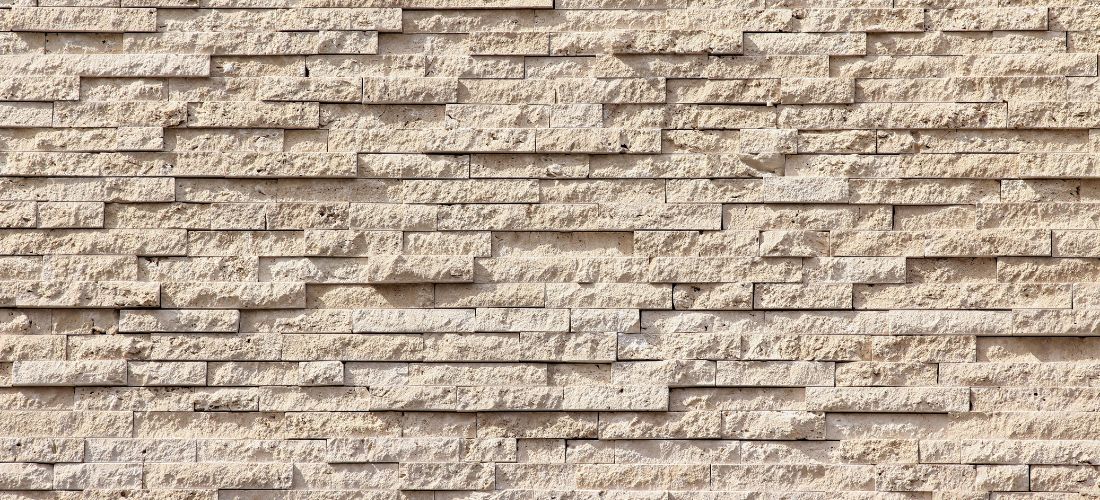
Limestone Pavers Facts and FAQ
When it comes to natural paving stones, limestone pavers are quite popular. With its clean lines, strength and neutral colour palette, it can complement almost any design style. You have to get high-quality limestone so that you have a durable pavement that can resist harsh weather and salt attack. In this article, we will provide you with some of the common limestone pavers facts and FAQs.
What is limestone?
This is a sedimentary rock found worldwide. Commonly formed in marine waters, it is one of the most popular options for pavers. Over millions of years, the organic material, coral, and deposits of shell accumulate to compress and solidify to form a rock. The primary mineral found in limestone is calcite, which is a form of calcium carbonate. There are some other particles found in limestone as well including feldspar, pyrite, and chert. The strength and final density of the rock are impacted by the pressure that is exerted during the formation. If you view it in a cross-section, you will be able to see inclusions like small shell particulates.
A pure quality limestone is available in a wide range of colours like white, blue-grey, etc. Depending on the animal by-products that are embedded in the deposits while the stone is forming and the presence of minerals, you can find limestone in tan, brown, yellow, off-white, and black.
Limestone pavers are frequently used for paving near the pool or driveway as well as flooring inside the house. The reason for this is that it is resistant to corrosion. It will add certain character and class to your backyard, making it look well-planned but still natural. They are versatile and durable, making them a suitable choice for paving. They are usually set on natural ground or concrete and cut into large rectangles or squares.
Does limestone paving require sealing?
As mentioned before, limestone is among the most beautiful and powerful options available in the affordable range for paving. However, it is rich and dark in colour because of which it might fade quickly. You can seal the surface, but make sure that it has a UV inhibitor so that you have added protection from fading.
By sealing the pavers, you can also protect them from salt damage and acid rain. It also prevents the growth of moss on the stone. Sealing is not recommended for every type of stone. However, limestone needs to be sealed so that you have the look you bought for a long time.


Where can you use limestone pavers?
You can use limestone for a wide range of residential and commercial applications. However, the intended use will depend on the stone’s quality. A lot of grand hotel designs have incorporated quality limestone. You can also use them as external pavers in the thickness of 20mm or 30 mm for different applications like pool surrounds and copings, stepping stones, entryways, and walkways.
When properly finished, limestone pavers are known to have a high slip rating. So, they are an ideal choice for pool pavement.
It’s important to note that limestone pavers’ load-bearing capacity isn’t the same as basalt, bluestone, and granite pavers. However, the durability and load-bearing capacity of a stone depend on its density, length, and thickness. So, if you increase the paver’s thickness, it will also increase its breakage resistance.
Do limestone pavers get hot?
A great quality of limestone pavers is their ability to reflect heat. This makes it a cool stone paver on which you can walk easily during the summer season. Pavers getting hot is a common concern in areas that have hot summers. You have to make sure that the paving doesn’t get so hot that your kids or pets aren’t able to walk on it without getting hurt. You can find out everything there is to know about limestone pavers here!
What is the difference between limestone tiles and limestone pavers?
Commonly used in building’s interiors, limestone tile is a type of surface covering. You can use it to cover showers, ceilings, tabletops, walls, floors, and surfaces. It has decorative purposes as well as a functional attribute. Depending on your choice, you can either place them in complex mosaics or simple squares. However, in order to keep them in place, you will have to do some grouting.
There is not a lot of difference between limestone tiles and limestone pavers. Pavers are slightly larger in size and thicker than tiles. You can use it outside in patios, driveways, footpaths, courtyards, and other outdoor spaces. To hold the pavers in place, you can pour concrete and cover it with soft earth or sand. It doesn’t require grouting.
Will the limestone pavers stain?
Limestone pavers can get stained very easily by food spills and oil. So, if you are planning to install limestone pavers, you have to seal the slabs while laying them. This way, if dirt or liquid gets onto the surface, your stone will be protected. It will also prevent water from penetrating the surface of the top which, over time, can result in staining.
Another thing that you have to keep note of is that limestone contains iron, which can result in staining because of rust. However, it is recommended that you don’t use an acid-based sealant on the limestone pavers’ surface. Your limestone can be stained by different types of lichen and mould. So, you will have to maintain it properly to ensure that your stone looks its best. If there is a stain, you should clean it using water, bleach solution, or detergent, before using a cleaning agent.
What are the different colours of limestone?
Since limestone is a naturally occurring stone, it is available in a wide range of colour profiles. Made up of calcium carbonate, it has a unique structure and texture. Depending on the place it is crystallized and quarried, its colour will vary. Natural limestones are available in varied colours. You can get them in softer earthy tones such as grey, yellow, and white or desirable tones like cream, beige, and blue. Once you are done with the paving, it will improve the appearance of your backyard and home.
As limestone pavers are available in different colours, sizes, and cuts, you have many aesthetically pleasing options. Make sure that you buy these from a reputable contractor and you will have a great look for years to come.






